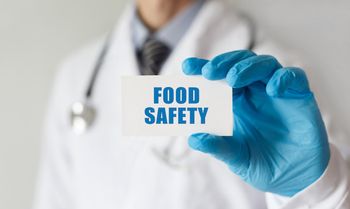
The Interagency Food Safety Analytics Collaboration released a report that sheds light on the types of food that contribute to food-borne illness.

The Interagency Food Safety Analytics Collaboration released a report that sheds light on the types of food that contribute to food-borne illness.

On National Cookie Day, it’s important to remember to avoid consuming any raw baking materials or you'll run the risk of infection.
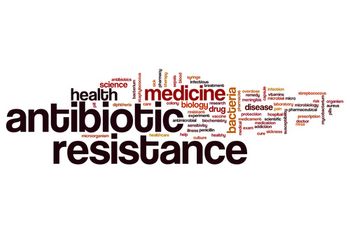
While a new FDA report shows antibiotic resistance remains low among many food-borne bacteria, some pathogens are increasingly showing multidrug resistance.

Thirty-seven individuals have been infected in ongoing multistate Salmonella Agbeni outbreak that has been linked with pet turtles.
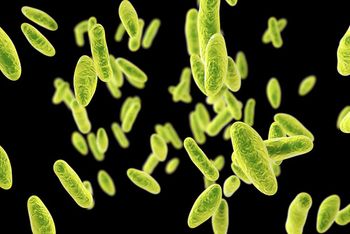
The CDC has issued a health advisory on a rifampin/penicillin-resistant strain of RB51 Brucella that has been contracted by a Texas resident through the consumption of raw milk.

In a new study on factors that make individuals susceptible to infectious diseases, researchers have found that cholesterol-lowering drugs may reduce susceptibility to certain diseases.
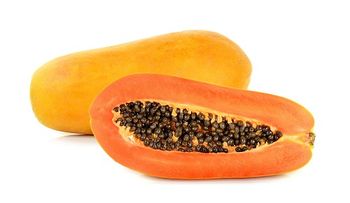
As the case count grows in a multistate Salmonella outbreak, health officials work to pinpoint the exact point of contamination in the Maradol papayas supply chain.
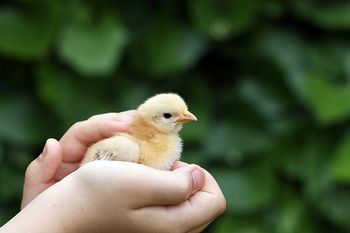
Health officials across the country have linked Salmonella outbreaks spanning 47 states to live poultry and the growing popularity of keeping backyard flocks.
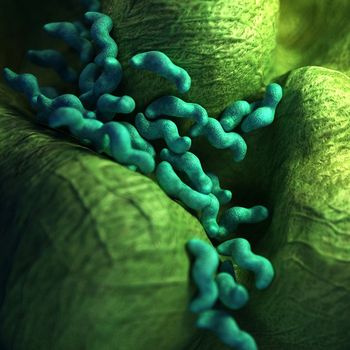
The FoodNet report in the CDC’s most recent MMWR provides insight on food-borne illnesses in 2016.

Be careful when handling chicks or bunnies this Easter, as they may transmit Salmonella to you or your loved one.
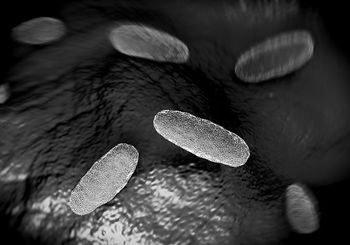
Researchers in China have discovered a troubling case of the presence of a variant of the multidrug-resistant gene MCR-1 in a common strain of Salmonella in a healthy patient.

CDC researchers found that not only is the proportion of US food that is imported is increasing, but the number of food-borne disease outbreaks associated with imported foods is also increasing.
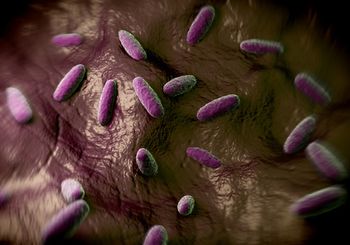
Research conducted by Duke University biomedical Engineers finds that an avirulent strain of Salmonella typhimurium may be able to deliver life-saving treatments directly to the cells in glioblastoma tumors.
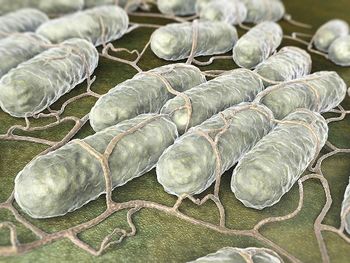
Researchers from Salk Institute make a surprising discovery regarding the link between sickness-induced behaviors, such as loss of appetite, and their role in how the body fights off infection.

Throwing a Super Bowl party? There are a few food poisoning hazards that you should be mindful of this weekend.
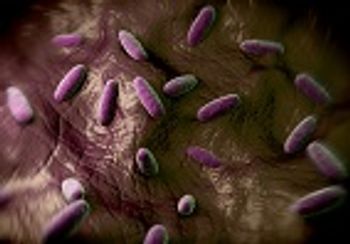
Researchers find that Salmonella Typhimurium has evolved a mechanism to inhibit its ability to cause disease and allow survival of its host in order to promote its own spread to new hosts.

A team of researchers has found that urbanized white ibises may be shedding Salmonella enterica and transmitting it to humans visiting parks.

Elizabeth Nolan, PhD, and her team at the Massachusetts Institute of Technology, recently explored the fight between microbes and hosts over essential metals and how understanding this battle may open the door for alternate treatments for bacterial infections.

Seeking to improve the nation’s health and safety, the Centers for Disease Control and Prevention (CDC) has been targeting several high-burden issues in which it could make the greatest impact, and three such issues are infectious diseases.
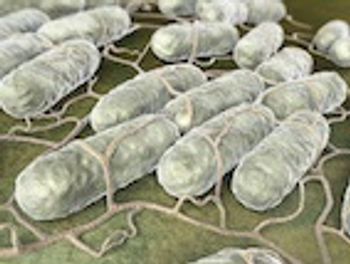
With an increasing number of Salmonella infections showing resistance to antibiotics, a CDC team set out to determine which strains are most problematic.

We’ve put together the top five biggest news stories regarding food-borne illnesses this year. Did you see them all?
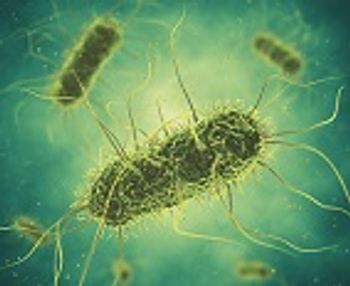
As Salmonella strains continue to develop resistance to antibiotics, UTMB researchers have developed an oral vaccine to assist in the fight against the food-borne infection.
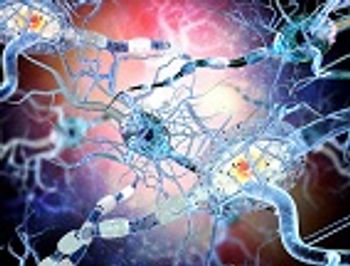
A new study explores why some animals and humans might be more susceptible than others to develop prion diseases.
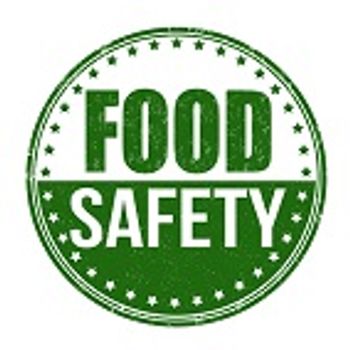
As Hawaii struggles to recover from two food-borne outbreaks, DOH officials seek to make revisions to their food safety regulations to enhance food-borne illness prevention.
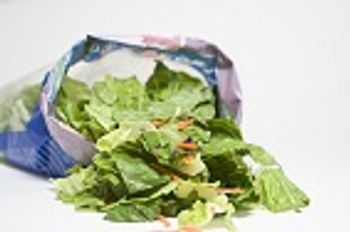
Researchers have found evidence that pre-cut bagged salads may encourage Salmonella colonization.